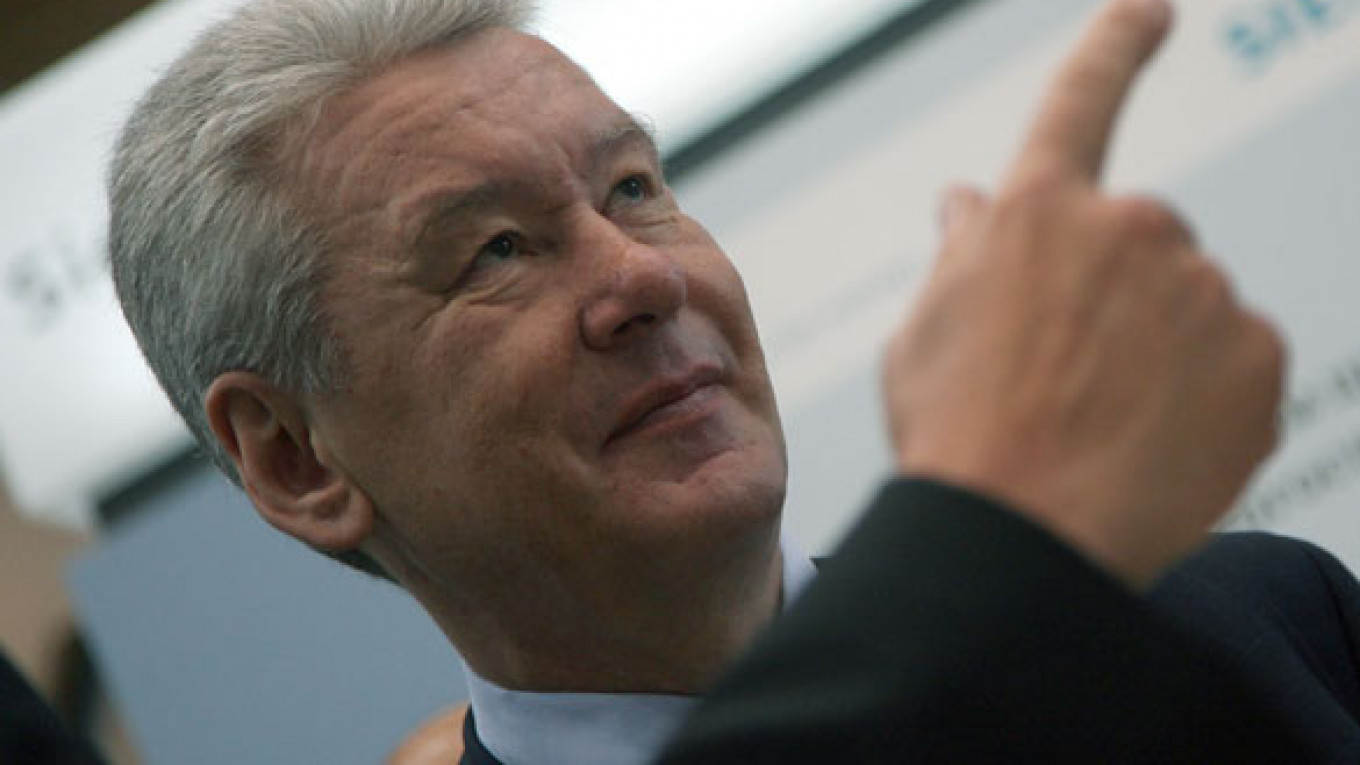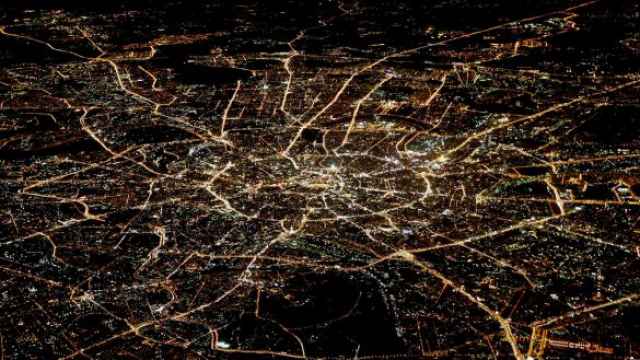Prime Minister Vladimir Putin's chief of staff, Sergei Sobyanin, was nominated Friday as Moscow's next mayor, a move seen as bringing the capital's sizable political and business interests under the direct control of the Kremlin.
Sobyanin's name was put forward by President Dmitry Medvedev. The Moscow city legislature has to approve Sobyanin's nomination, but that is widely viewed by analysts as a formality.
The move locks Putin's grip on power ahead of presidential elections in 2012. Putin, who hasn't ruled out another presidential term, appointed Sobyanin as his chief of staff in 2005 during his first presidency. Sobyanin also is a deputy prime minister.
He is set to fill the void left by Yury Luzhkov, who was dismissed by Medvedev on Sept. 28 after 18 years in office. Vladimir Resin, a septuagenarian first deputy mayor under Luzhkov, has been acting mayor of the capital since that date.
If confirmed, Sobyanin's appointment would bring the Kremlin control over politics and money flows in the capital: Luzhkov held one of the last power bases in Russian politics that wasn't under the direct influence of the Kremlin.
"This is very difficult work, with a lot of responsibility," Medvedev told Sobyanin in a televised meeting. "But you're up to it."
Sobyanin, who can be counted upon to get out the Moscow vote for the ruling United Russia party as one of its highest-ranking members, was enthusiastic in the television appearance.
"For me, this is a big responsibility and vote of confidence, and I'll do everything to justify it," Sobyanin said.
"I've been living in Moscow for a few years and I know the issues it faces. A lot has been done in the last few years, but at the same time there are serious problems that need solving immediately," the Siberian native said.
Medvedev said a factor behind Sobyanin's nomination was that "Moscow should be completely integrated with federal authorities, so confidence can be maintained." Sobyanin promised to work closely with the federal government.
Medvedev gave a "loss of faith" as his motivation for firing Luzhkov, after the 74-year-old mayor criticized the president in an article in state newspaper Rossiiskaya Gazeta. Since the September firing, Medvedev has suggested that Luzhkov, or at least his staff, may face investigations over alleged corruption during his time in office.
The president said Sobyanin's priorities will include rooting out graft, an area in which "very little has been done in recent times, and in several situations schemes were used that should, as a minimum, be checked for their compliance with the law."
Sobyanin also was tasked by Medvedev with making Moscow more open and competitive for business and addressing the capital's snarled traffic.
Sobyanin, 52, was born and raised in oil-rich Western Siberia. Before Putin brought him to Moscow, he had risen through the Communist and post-Soviet political ranks to governor of the Tyumen region. He headed Medvedev's presidential campaign staff in 2008.
A Message from The Moscow Times:
Dear readers,
We are facing unprecedented challenges. Russia's Prosecutor General's Office has designated The Moscow Times as an "undesirable" organization, criminalizing our work and putting our staff at risk of prosecution. This follows our earlier unjust labeling as a "foreign agent."
These actions are direct attempts to silence independent journalism in Russia. The authorities claim our work "discredits the decisions of the Russian leadership." We see things differently: we strive to provide accurate, unbiased reporting on Russia.
We, the journalists of The Moscow Times, refuse to be silenced. But to continue our work, we need your help.
Your support, no matter how small, makes a world of difference. If you can, please support us monthly starting from just $2. It's quick to set up, and every contribution makes a significant impact.
By supporting The Moscow Times, you're defending open, independent journalism in the face of repression. Thank you for standing with us.
Remind me later.






